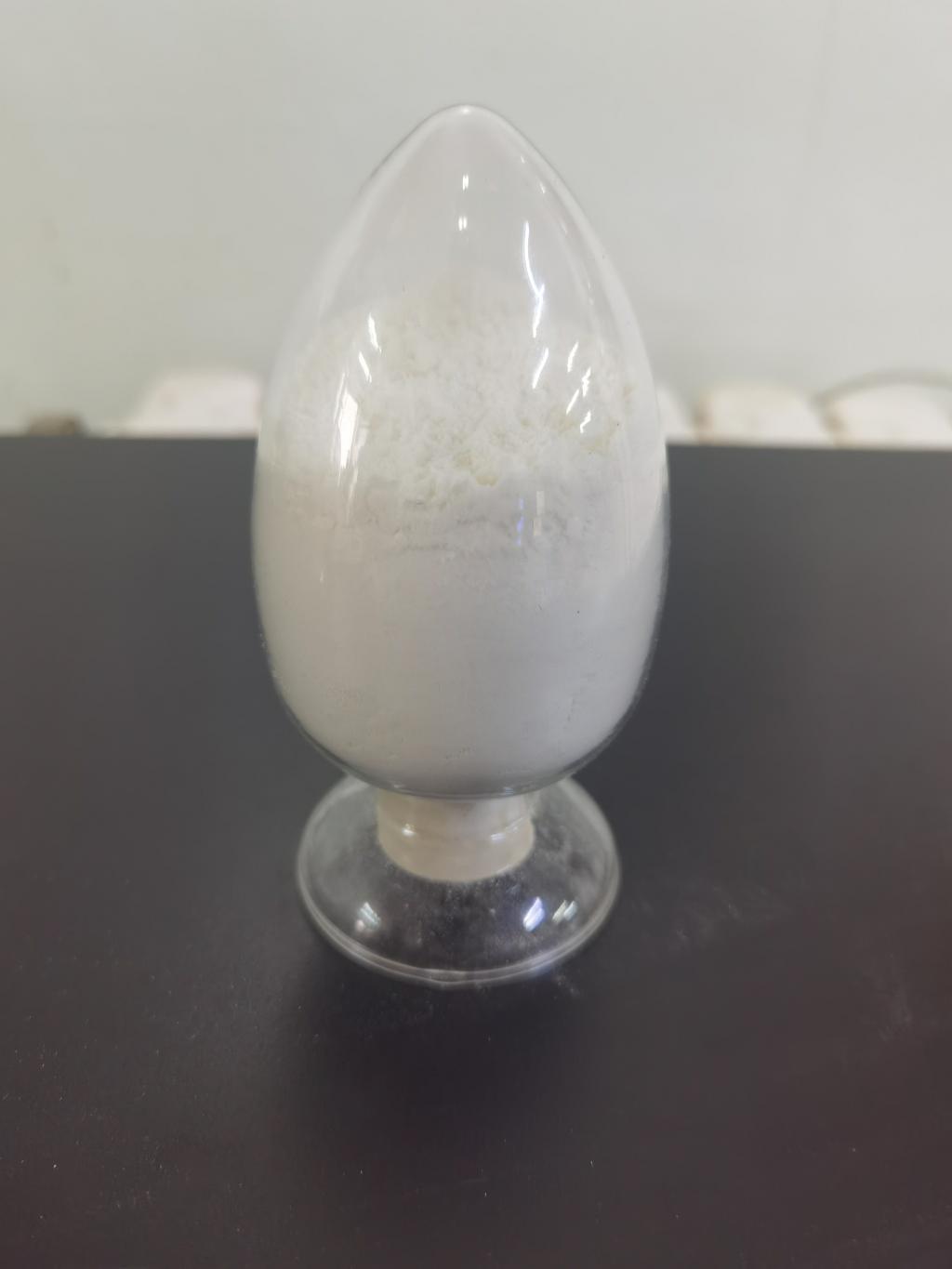Tel:+8618231198596

News
 CONTACT
CONTACT
 CONTACT
CONTACT
- Linkman:Linda Yao
- Tel: +8618231198596
- Email:linda.yao@dcpharma.cn
- Linkman:CHARLES.WANG
- Department:Overseas
- Tel: 0086 0311-85537378 0086 0311-85539701
News
What is ε-Polylysine hydrochloride?
TIME:2023-03-13
The use of ε-Polylysine hydrochloride as a food preservative is becoming increasingly popular, as consumers seek natural and healthy alternatives to traditional preservatives. Unlike many chemical preservatives, ε-Polylysine hydrochloride is a natural substance that is easily broken down by the body, and is considered safe for consumption in small quantities.
One of the key benefits of ε-Polylysine hydrochloride as a food preservative is its ability to inhibit the growth of a wide range of microorganisms, including those that are resistant to other preservatives. This makes it an effective tool for preventing spoilage and extending the shelf life of a wide range of food products, from fresh produce to packaged meats and dairy products.
In addition to its antimicrobial properties, ε-Polylysine hydrochloride has also been shown to have other potential health benefits. For example, some studies have suggested that it may have anti-inflammatory properties, and may help to improve the health of the gut microbiome. Other studies have suggested that it may have anti-cancer properties, and may be effective in preventing the growth and spread of cancer cells.
Despite its many potential benefits, however, there are some concerns about the safety of ε-Polylysine hydrochloride, particularly with regard to long-term exposure. While it is generally considered safe for consumption in small quantities, there is limited data available on the potential health effects of long-term exposure to ε-Polylysine hydrochloride, and more research is needed in this area.
In terms of its production, ε-Polylysine hydrochloride is typically produced by fermenting Streptomyces albulus in a nutrient-rich medium. Once the bacteria have produced sufficient quantities of ε-Polylysine hydrochloride, the peptide is extracted and purified using a range of filtration and chromatography techniques. The end result is a highly purified form of ε-Polylysine hydrochloride that can be used as a preservative in food products.
Overall, ε-Polylysine hydrochloride is a promising natural preservative that has a wide range of potential benefits for the food industry. While there are some concerns about its safety and long-term effects, the overall consensus is that it is safe for consumption in small quantities, and that it may have a range of health benefits. As research into the properties and potential applications of ε-Polylysine hydrochloride continues, it is likely that we will see its use become even more widespread in the food industry.
- Tel:+8618231198596
- Whatsapp:18231198596
- Chat With Skype







